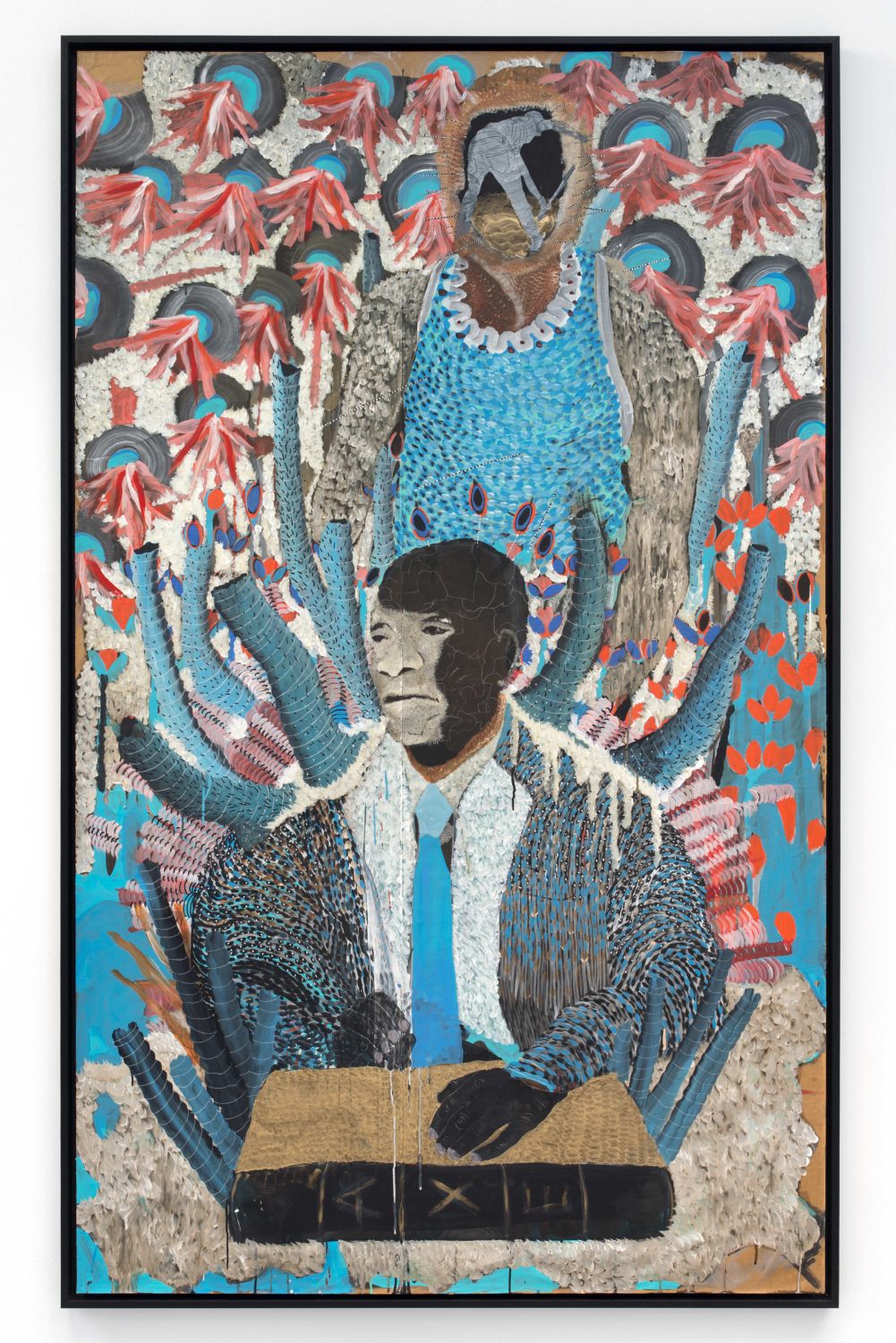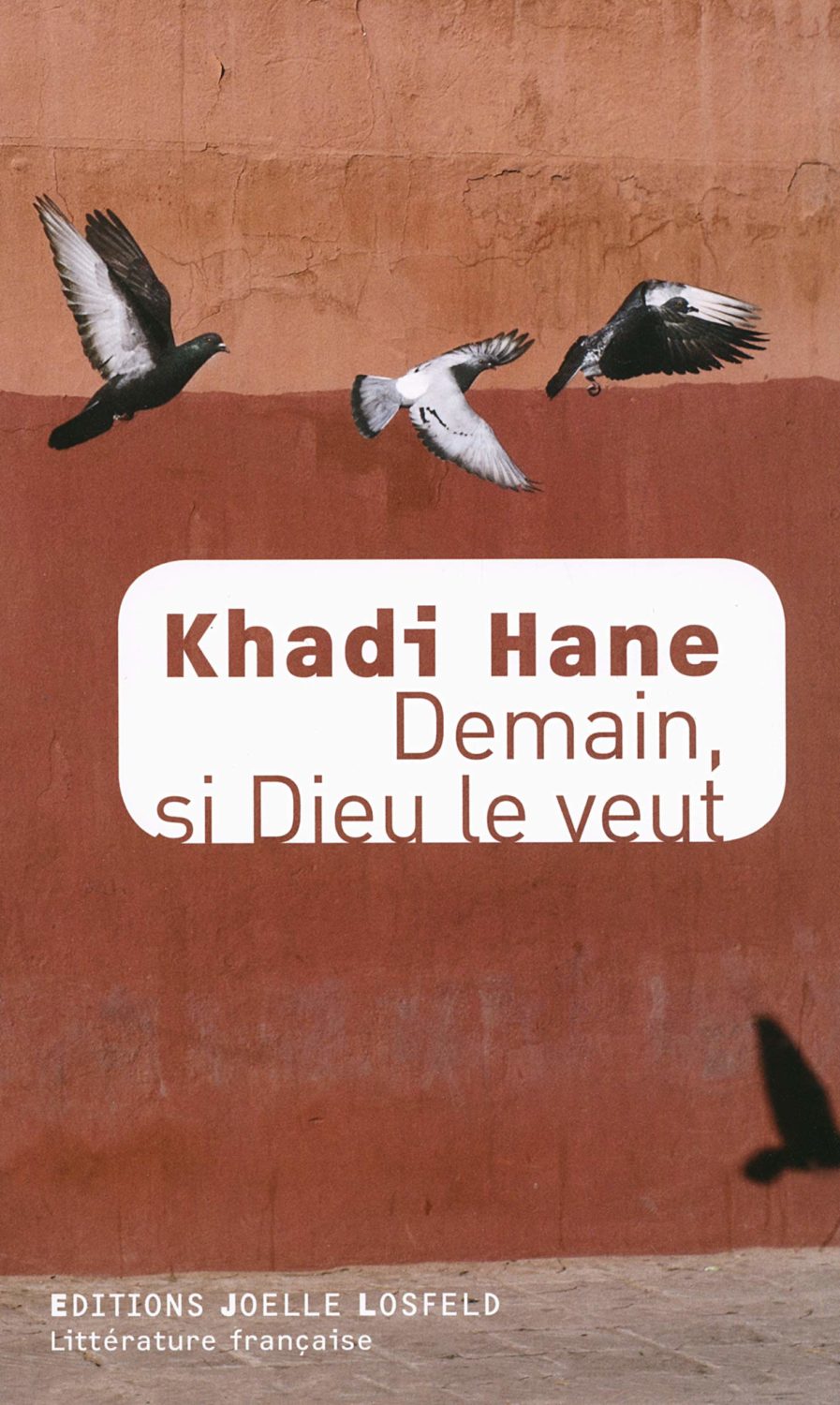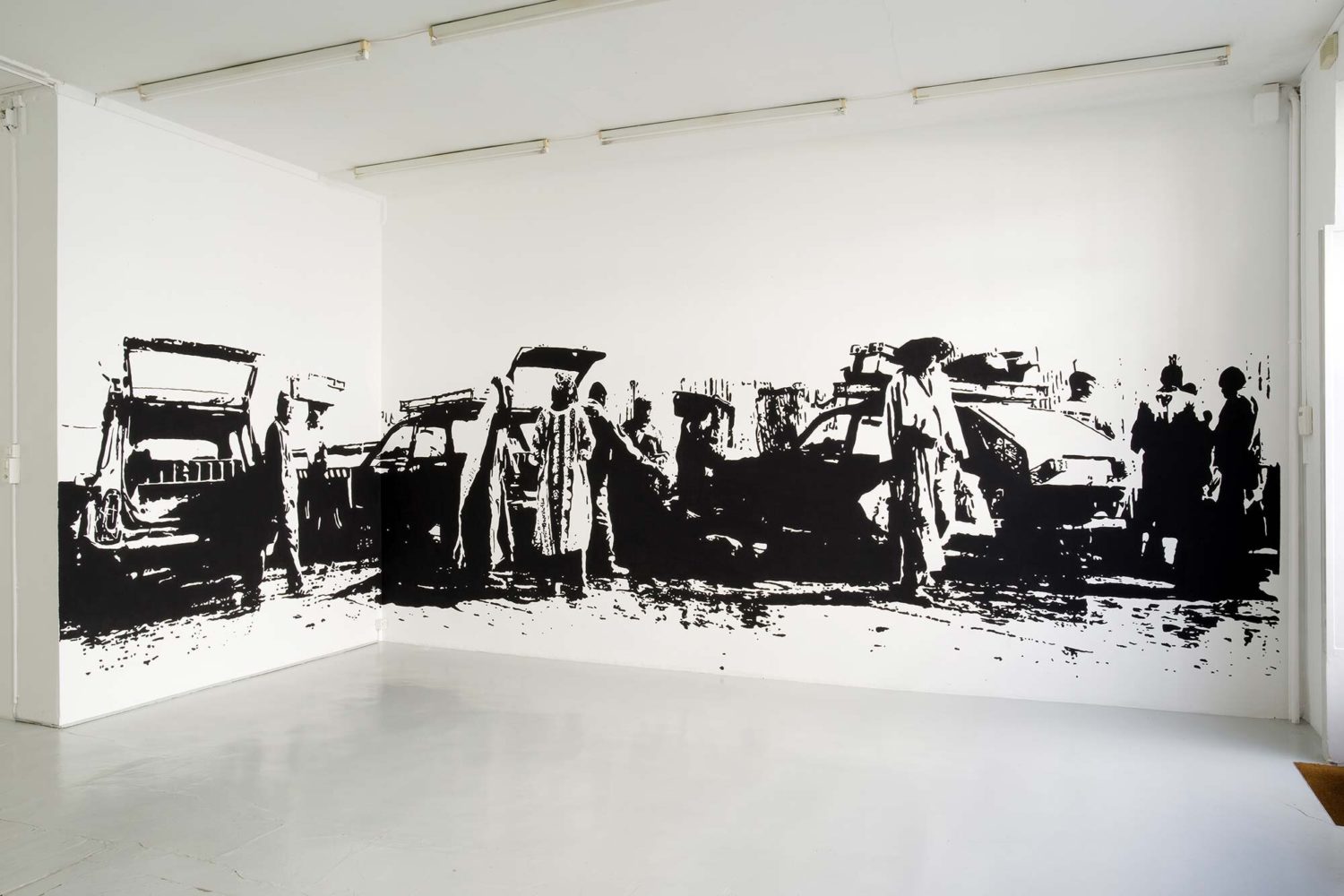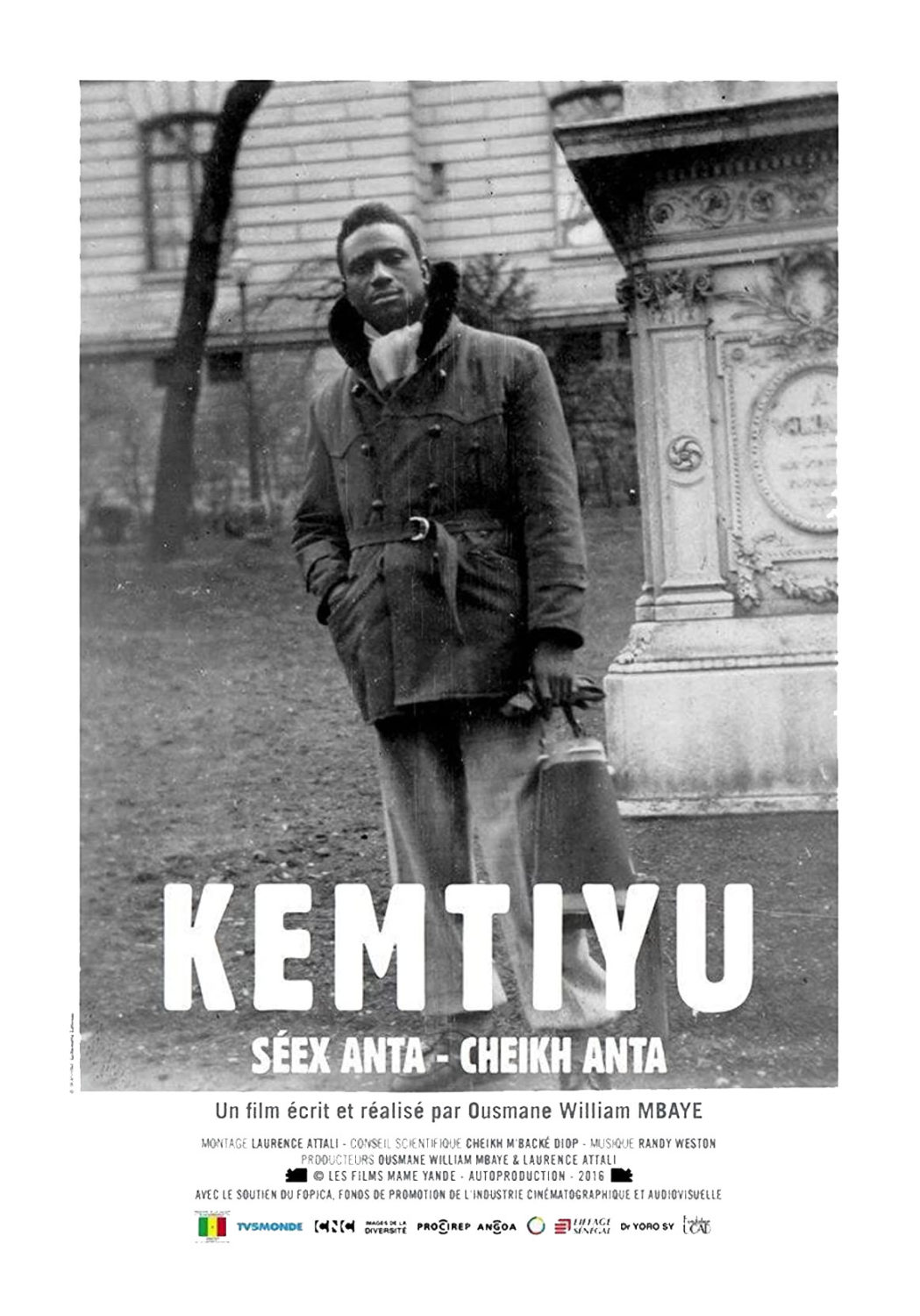5 Cultural Producers Shaping Senegal’s Creative Landscape
By Something CuratedThe West African nation of Senegal, which takes its name from the Senegal River, is home to the African continent’s longest running large-scale art event, the Dakar Biennale, also known by Dak’Art. This major contemporary art exhibition takes place once every two years in Dakar, bringing together a diverse roster of creative talent to Senegal’s capital. Though the Biennale’s focus has been on contemporary African art since 1996, it was originally conceived in 1989 with the intention of alternating between literature and art. Boasting a flourishing tradition of modern literature, cemented by internationally acclaimed writers such as feminist critic Mariama Bâ and L’Aventure ambiguë author Cheikh Hamidou Kane, Senegal’s complex history and speedily industrialising present continue to provide rich inspiration to the nation’s burgeoning writers. To learn more about Senegal’s contemporary arts scene, Something Curated highlights five cultural producers who are helping shape it.
Omar Ba

Born in Senegal, artist Omar Ba today lives and works between Dakar and New York. His paintings, produced using a variety of techniques and materials, represent political and social motifs open to multiple interpretations. His artistic vocabulary raises historical and timeless questions while formulating a wholly contemporary artistic message. Ba’s iconography features personal metaphors, ancestral references and hybrid figures. This combination of heterogeneous elements illustrates his desire to abolish boundaries and categories. His work, with its enigmatic nature and poetic intensity, rejects all forms of didactic narrative, seeking instead to express his subconscious and his symbolic interpretation of the real.
Khady Hane

Writer and cultural organiser Khadi Hane was born in Dakar, and moved to France as a student in 1985. Today, she leads the Black Arts and Culture Association, developing the potential and imagination in Black creatives, as well as raising awareness of Black artistic ability, and helping preserve Black cultural heritage and enhance interactions among diverse groups. Hane has published numerous short stories and novels over decades, including Les fourmis dans la bouches, 2011, for which she received the Prix Thyde Monnier 2012 from the Société des Gens De Lettres, and the critically acclaimed Demain, si Dieu le veut, 2015.
Mbaye Diop

Mbaye Diop, a Beaux-Arts of Dakar graduate, has an interdisciplinary practice that uses the mediums of performance, video, installation and drawings with signature black and white renderings. Diop approaches the exhibition space as a whole with large murals, sound, large installations and the use of serigraphy. His artistic enquiries stem from his observations of daily urban scenes, the traditions performed in his native country, as well as the collective phenomenon and personal experience of emigration. He also addresses the changes of paradigms in African societies, namely the dichotomy encountered between new technologies and traditions, virtual realities and African customs.
El Hadji Malick Ndiaye

Serving as the Artistic Director of last year’s Dakar Biennale, Senegalese curator El Hadji Malick Ndiaye holds a PhD in Art History from the University of Rennes II in France. He is a former postdoctoral fellow of the Laboratory of Design, Arts and Heritage and the Research Center for the Arts and Language, and is currently a researcher at the University Cheikh Anta Diop of Dakar. Ndiaye teaches in the Department of Philosophy at the Higher Institute of Arts and Culture and at the Heritage Skills section of the Gaston Berger University in St. Louis. As well as a curator, art theorist, and specialist in postcolonial studies and African heritage, Ndiaye is a prolific writer, collaborating with various publications and having spoken at several international symposiums.
Ousmane William Mbaye

Filmmaker Ousmane William Mbaye is the son of the famous Senegalese writer, Annette Mbaye. Ousmane trained at the Conservatoire Libre du Cinéma Français and studied at the University of Paris VIII Vincennes, going onto make films in Senegal. From 1990 to 1997, he coordinated the Rencontres Cinématographiques of Dakar. In 2003, he made the documentary short Xalima la plume about Senegalese musician Seydina Insa Wade. The short later won the Documentary Prize at Milan Film Festival. More recently, in 2016, he made the biographical documentary Kemtiyu, Cheikh Anta which deals with the life of Senegalese historian, doctor, and politician Cheikh Anta Diop. The feted documentary was screened at several international film festivals and received numerous accolades.
Feature image: Still from Kemtiyu, Cheikh Anta, 2016. Directed by William Mbaye Ousmane